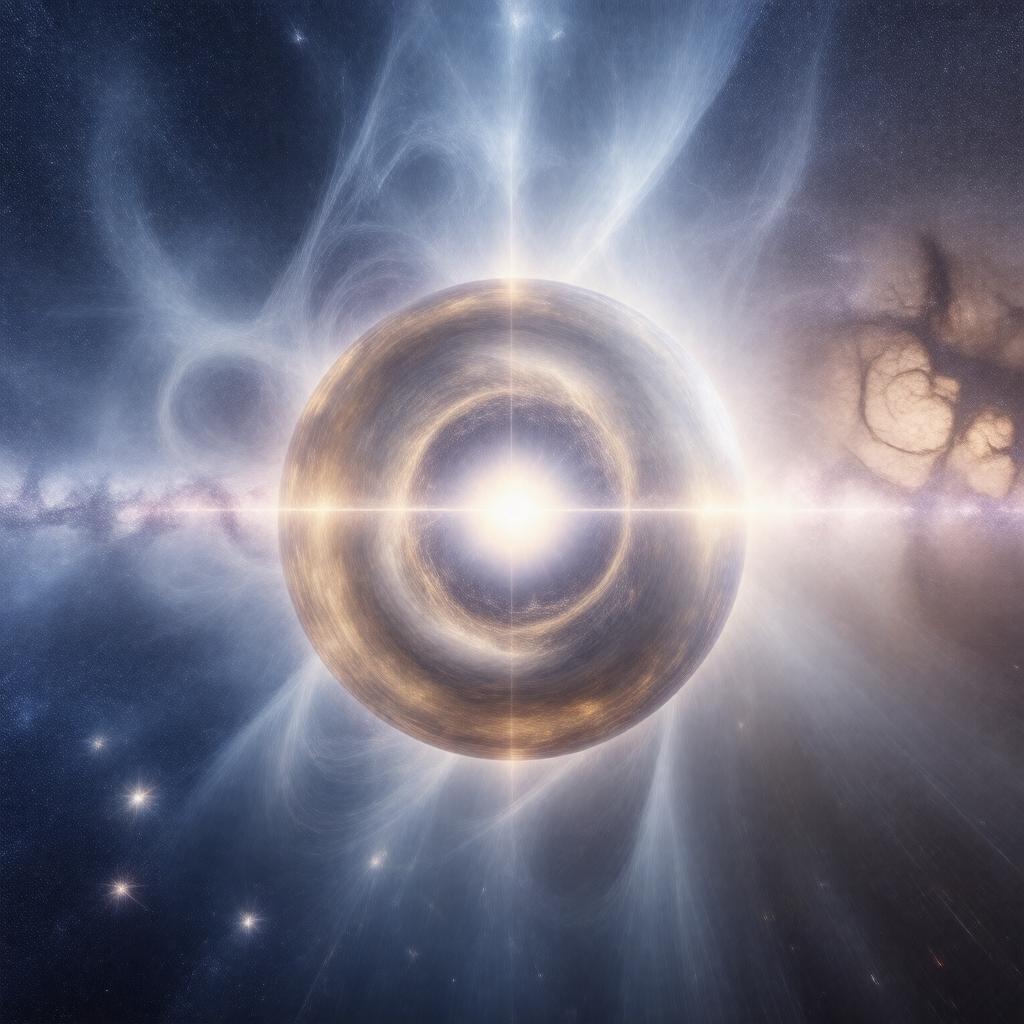Prompt
"Generate an image of a neutron star, a celestial object with an extremely high density and strong gravitational field, surrounded by a swirling disk of accreted matter, with intense beams of radiation emanating from its magnetic poles, set against a backdrop of a starry Milky Way galaxy, in a style that conveys the intense energy and power of these enigmatic objects."

